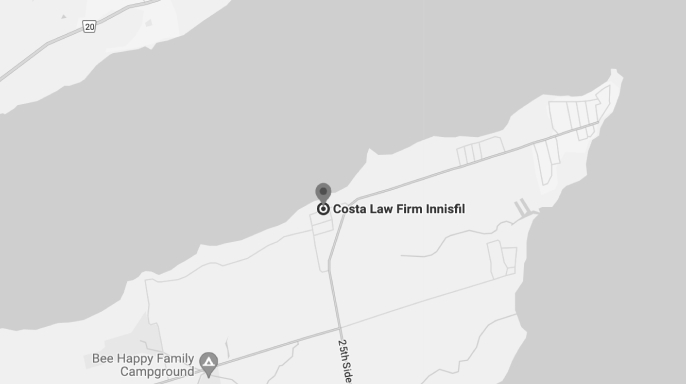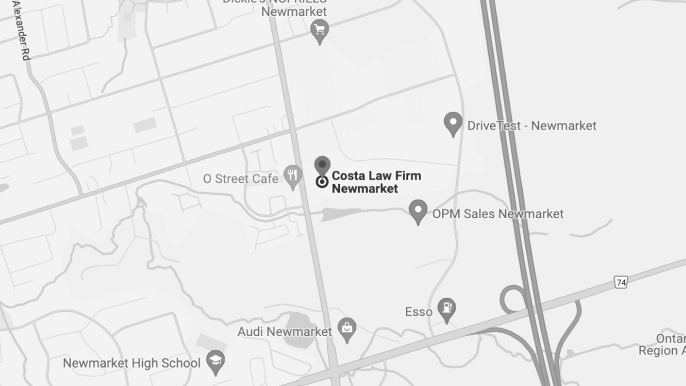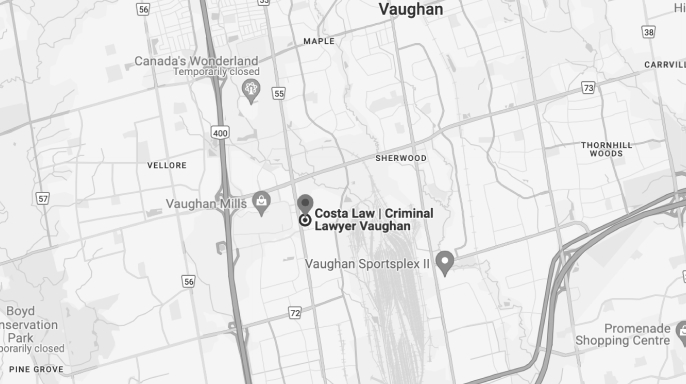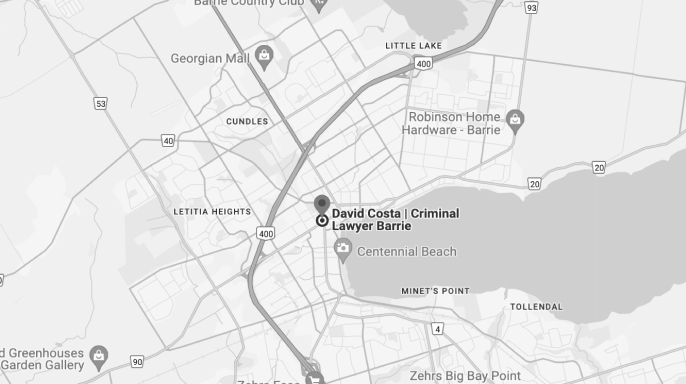Estate Planning and Power of Attorneys – What everyone needs right now! *
There is no gain in delaying the preparation of both your will and powers of attorney done. Rather, you have potentially everything to lose by not getting these documents done as soon as possible.
In general terms, estate planning gives you the security of knowing that your wishes will be respected. Through your recorded decisions there will be people you name to be responsible to address your wishes. As such, you should assign the matters of your personal care and finances while you are capable to person(s) you choose on the terms you want. These concerns can be answered through documents called Powers of Attorney, distinguishing between (i) personal care and (ii) property management decisions.
A power of attorney is a document that establishes evidence of a person’s (the grantor) authority during one’s lifetime to give another person the right to act on behalf of the grantor.
A power of attorney is an essential tool in estate planning. It gives the grantor control over decisions related to property or personal care once incapable, and avoids uncertainty as to the intentions of the grantor which can lead to an unnecessary family or other disputes.
There are two categories of a power of attorney. The first relates to property management and it is referred to as a Continuing Power of Attorney. It can be limited in time or tied to a particular asset. For example, one may grant a power of attorney with respect to real estate transactions where the grantor is out of the country on closing day. On the other end of the spectrum, a power of attorney can be all encompassing, enabling the agent to deal with all of a grantor’s assets.
The second category concerns decisions relating to health care, nutrition, shelter, clothing, hygiene and safety and is referred to as a Power of Attorney for Personal Care. Similar to a Continuing Power of Attorney, this instrument can be limited in scope or cover all substitute decisions relating to an individual’s personal care.
In both types of power of attorneys, the grantor may appoint one or more attorneys and may dictate when the power of attorney is to take effect. This date may be specified in the document itself, determined by a physician or capacity assessor, or take effect immediately. In Ontario, an individual must be 18 years or older to grant a Continuing Power of Attorney, whereas a Power of Attorney for Personal Care may be granted by individuals 16 years or older. Once executed, a power of attorney may only be revoked if the grantor has capacity. The standard for capacity differs depending on whether the power of attorney relates to property or personal care.
*Disclaimer: The information provided in this article is NOT legal advice but fundamental information to be further inquired upon professionally. You should always consult with a qualified lawyer to obtain proper advice.





